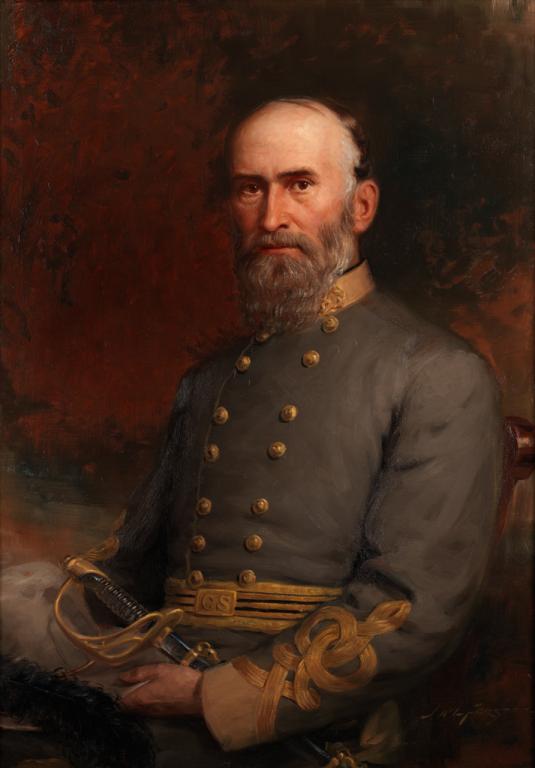In 1776, George Washington rebelled against the established government of his day. We remember him as a patriot, but to his king and fellow colonists loyal to the king, Washington was the traitor and Benedict Arnold was the patriot.
In 1861, pro-Union supporters defended the nation that had been created in 1776. Pro-Confederates said they were exercising the right, enshrined in the Declaration of Independence, to “alter or abolish” unrepresentative and oppressive government. Wherever a Virginian placed his or her loyalty—to the rebel nation of 1776 or the new rebel nation of 1861—he or she was a patriot in the eyes of some and a traitor in the minds of others.


